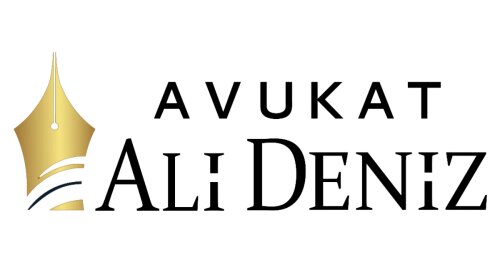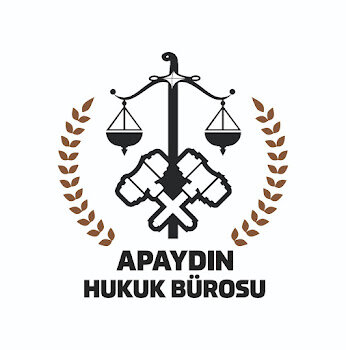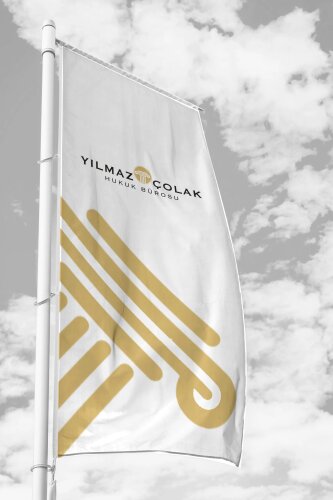Best Nursing Home Abuse Lawyers in Turkey
Share your needs with us, get contacted by law firms.
Free. Takes 2 min.
Or refine your search by selecting a city:
List of the best lawyers in Turkey
About Nursing Home Abuse Law in Turkey
Nursing home abuse in Turkey is a growing concern, as the population ages and more senior citizens seek residential care. Abuse in these settings can manifest in many forms, including physical, emotional, sexual abuse, neglect, and financial exploitation. The Turkish legal system has provisions to protect the elderly in care facilities, but challenges such as underreporting, lack of awareness, and insufficient regulation can complicate the issue. Understanding the rights of nursing home residents and the protections afforded by Turkish law is crucial for preventing abuse and obtaining justice for victims.
Why You May Need a Lawyer
Legal representation may become necessary in several situations involving nursing home abuse. Individuals may seek a lawyer if they suspect their loved one is suffering from abuse or neglect, or if there have been unexplained injuries, sudden changes in financial status, or signs of emotional distress. A lawyer can help navigate the often complex bureaucratic and legal processes, contribute to the gathering of evidence, and represent the victim or family in legal proceedings. Additionally, since nursing home abuse cases can involve nuanced elements of family law, personal injury claims, and criminal law, professional legal assistance can significantly enhance the likelihood of a favorable outcome.
Local Laws Overview
In Turkey, the legal framework related to nursing home abuse is intertwined with several bodies of law, including the Turkish Penal Code and specific regulations concerning elder care. These laws establish the duties of care providers, outline the rights of the residents, and set penalties for abuse and neglect. The Ministry of Family and Social Services oversees the regulation of care institutions, ensuring compliance with standards. Moreover, legal principles such as fiduciary duty and compulsory reporting by medical professionals are key aspects in preventing and addressing abuse. Awareness of these legal specifics can empower individuals to take action against wrongdoing in nursing homes.
Frequently Asked Questions
What constitutes nursing home abuse in Turkey?
Nursing home abuse includes any harm done to a resident of a nursing care facility, whether it be physical, emotional, sexual, financial, or through neglect. Each form of abuse can have serious implications and may fall under different criminal or civil statues in Turkey.
How can I identify signs of nursing home abuse?
Common signs include unexplained injuries, malnutrition, poor hygiene, sudden withdrawal or depression, unexpected financial transactions, or a general sense of fear around caregivers. It's important to report suspicions promptly.
Who can I report suspected abuse to?
Reports can be made to local law enforcement, social services, or directly to the Ministry of Family and Social Services. Each entity can provide resources and initiate investigations into suspected abuse.
What rights do nursing home residents have?
Residents have the right to safe and respectful care, protection from harm, participation in care planning, communication with family, and access to ombudsman services, among others.
Are there penalties for nursing home abuse in Turkey?
Yes, penalties can range from fines to imprisonment depending on the severity and nature of the abuse. Institutions may also face closure or revocation of licenses.
Can I sue a nursing home for neglect?
Yes, victims or their families may file civil lawsuits against nursing homes for neglect, seeking compensation for damages such as medical expenses, pain and suffering, or wrongful death.
How long does a nursing home abuse case take to resolve?
The duration depends on case complexity, the evidence available, and legal proceedings. Cases can take months to several years to resolve, particularly if they reach the courts.
Can I hire a lawyer if I'm not a resident of Turkey?
Yes, non-residents with legal claims related to Turkish nursing homes can hire local lawyers to represent their interests in Turkish courts.
What role does medicial evidence play in these cases?
Medical records and expert testimonies are crucial in substantiating claims of abuse or neglect, helping to establish when and how injuries or illnesses occurred.
Is mediation an option in nursing home abuse cases?
Mediation may be an option, particularly in civil claims, to reach a settlement without protracted litigation, although not all cases may be suitable for this approach.
Additional Resources
Those seeking further information can contact the Ministry of Family and Social Services, Turkish Human Rights and Equality Institution, or the local branches of international organizations such as Human Rights Watch. Legal aid may also be available from bar associations and nonprofit legal assistance programs in Turkey, which can provide supportive guidance and advocacy.
Next Steps
If you suspect nursing home abuse, it is important to act quickly. Begin by documenting any signs of abuse and gathering evidence, such as photographs, medical records, or witness accounts. Report your suspicions to the relevant authorities and consider consulting with a lawyer who specializes in elder law or nursing home abuse to explore your legal options. Ensure the safety of the affected individual and seek help from community resources and support groups.
Lawzana helps you find the best lawyers and law firms in Turkey through a curated and pre-screened list of qualified legal professionals. Our platform offers rankings and detailed profiles of attorneys and law firms, allowing you to compare based on practice areas, including Nursing Home Abuse, experience, and client feedback.
Each profile includes a description of the firm's areas of practice, client reviews, team members and partners, year of establishment, spoken languages, office locations, contact information, social media presence, and any published articles or resources. Most firms on our platform speak English and are experienced in both local and international legal matters.
Get a quote from top-rated law firms in Turkey — quickly, securely, and without unnecessary hassle.
Disclaimer:
The information provided on this page is for general informational purposes only and does not constitute legal advice. While we strive to ensure the accuracy and relevance of the content, legal information may change over time, and interpretations of the law can vary. You should always consult with a qualified legal professional for advice specific to your situation.
We disclaim all liability for actions taken or not taken based on the content of this page. If you believe any information is incorrect or outdated, please contact us, and we will review and update it where appropriate.
Browse nursing home abuse law firms by city in Turkey
Refine your search by selecting a city.















